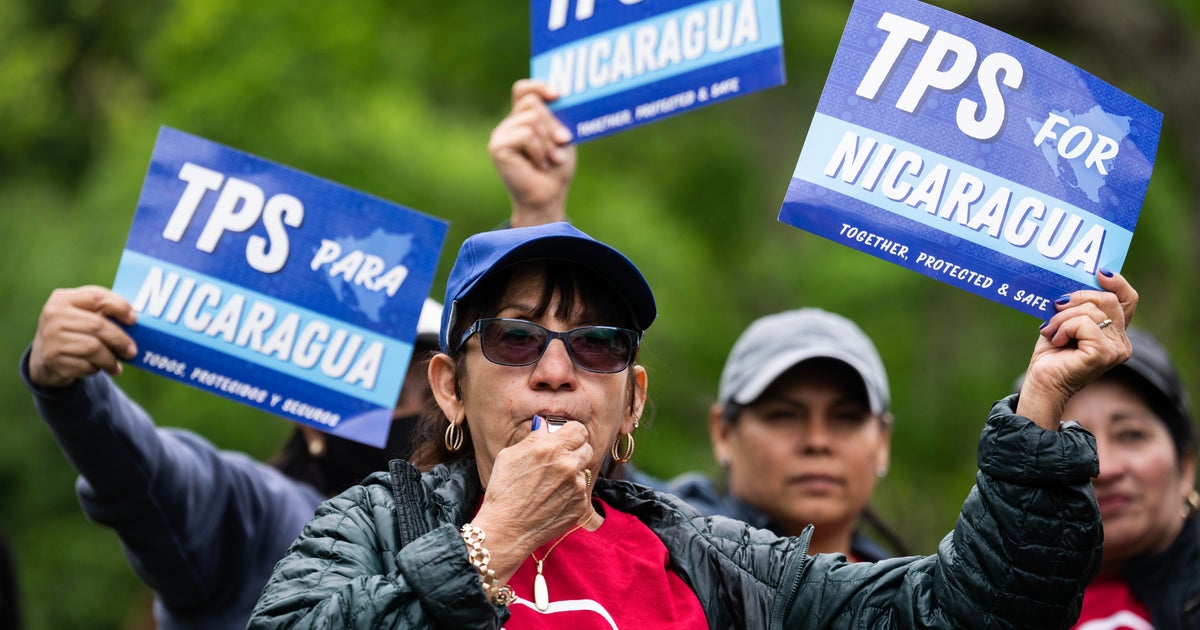What should you expect for the upcoming hurricane season?
MIAMI - The annual National Hurricane Conference takes place in hurricane-prone cities each year, and while the cities change, this year it's Orlando.
The message and goals remain the same: To improve hurricane preparedness, response, recovery and mitigation to save lives and property.
In addition, the conference serves as a national forum for federal, state and local officials to exchange ideas and recommend new policies to improve emergency management.
To accomplish these goals, the annual conference emphasizes:
- Lessons learned from hurricane strikes
- New ideas being tested or considered
- Information about new or ongoing assistance programs
The ABCs of hurricane preparedness, response, recovery and mitigation — in recognition of the fact that there is a continual turnover of emergency management leadership and staff
At each conference, there is a lot of interest in what kind of season is ahead.
The official forecast is always released closer to the start of the season and while this may seem counterintuitive, it serves to reiterate that it really doesn't matter. The preparation and response should always assume the likelihood of a busy season and we should always be prepared because it only takes one.
Of course, we still want and need to know what we could be facing each year. It's just human nature and it's also an important awareness of how our changing climate is spawning more intense hurricanes.
The year 2023 was the warmest year on record globally. It also saw the warmest water temperatures we've ever witnessed. It resulted in an above-average season despite El Niño being in place.
This phenomenon typically limits hurricane formation and without the record water temperatures, we would have seen a lot less activity.
This year, the waters have not cooled. Hurricane fuel is and will be abundant. We are also transitioning into a La Niña pattern which favors above-average activity. Combining that with record warm water will result in another above and perhaps well-above-average season. When these two have come together, running out of names has been the result.
We look to past seasons to predict future ones and depend on global modeling to guide our seasonal forecasts. While we are leaps and bounds better at predicting seasons than just a few decades ago, the forecasts are not perfect and don't always follow the footprints of previous seasons despite the same atmospheric and oceanic conditions.
We do want to be prepared for any season and yes if it only takes one. That said, the more storms that develop the higher the chances of getting hit.
As the oceans continue to absorb most of the excess CO2 we produce, the number of intense hurricanes also means the likelihood of even more life and property lost will continue to climb.




